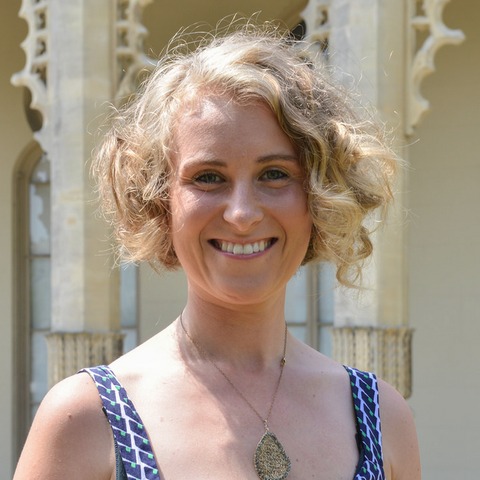Largely lost in the flurry of election news last week was the European Commission announcement of its European Green Deal.
It has unfortunately fallen short of the mark. It’s not comprehensive or quick enough.
My work in Brussels is focused around a Green New Deal – from the committees that I sit on to the “Intergroup” that I’m creating.
I am calling for something much more ambitious and radical that will enable us to tackle head on the climate, economic and democratic crises we’re currently facing.
And what’s most important is that this doesn’t become just another vision in a sea of inaction but that there are concrete achievable elements to a real plan which will take us to where we need to get to in the next decade – and steps that can be taken locally.
We want measures that will create secure well-paid jobs both here in Brighton and Hove and across the continent as well as providing a huge amount of investment in renewable energies and energy efficiency measures.
Crucially any genuine Green New Deal has to have social justice at its heart.
My vision for a European Green New Deal includes
- Investing more in green society, industry and infrastructure, creating millions of secure well-paid jobs
- Financing that investment through European public investment banks so that ordinary people don’t have to shoulder the burden of that transition
- Ensuring that decisions are made by communities and citizen assemblies rather than far-removed executives
- Guaranteeing that this ecological transition enshrines equal rights for migrants, newcomers and residents, regardless of gender, race, age, sexuality or abilities
Given that Brighton and Hove is currently ranked in the bottom half of all local authorities in the UK in terms of deprivation (140 out of 317), and although unemployment stands at 3.7 per cent, there is a huge amount of in-work poverty across the city meaning that families and individuals are often reliant on food banks, whether or not they are in paid employment.
This is scandalous. But a Green New Deal for the city would certainly help to redress this imbalance, bringing those areas within the 10 per cent most deprived in the country (of which there are 15) the same opportunities as the rest of the city.
The good news for Brighton and Hove is that the area has already started its journey towards achieving this vision.
The University of Brighton’s Green Growth Platform has almost 1,000 businesses from the city and wider East and West Sussex all working on products and services that can deliver this transformation.
But this shouldn’t be solely down to businesses and institutions. Governments at every level need to lead the way.
It is clear that we need to do things differently to succeed in this monumental task that lies ahead.
But the city might actually be an ideal place for the Green New Deal to start. Brighton and Hove has one of the highest survival rates for start-ups outside of London – a massive 87 per cent – and it also has the third highest density of small and medium enterprises (SMEs) in the country.
Smart ideas for a greener fairer future coming from Brighton and Hove can lead the way. These include ReCharge Cargo, Circuitree and the Big Lemon.
Showcasing here what is possible will lend weight to the fact that change is possible, the climate crisis can be dealt with and we can generate opportunities for everybody, irrespective of their starting point.
Alexandra Phillips is a Green MEP for South East England and a member of the European Parliament’s Environment and Employment Committees.










I thought we were going to be leaving the EU on 31st January 2020 and Alex will then have to go back to just being a councillor?
We keep hearing about child Poverty and yet why is it that the Majority of these Families would prefer to have cigarettes, mobile phones and huge television sets etc,etc rather than putting food on the table.There will always be those that cannot manage their financial affairs so isn’t it time that food vouchers were given out as part of their benefits and rent paid directly to Landlords.
Very sad — not to say crazy — that we will be out of the EU so soon, and against the wishes of over 50 percent of those who voted on 12 December, unrepresented despite its pretensions to being a “People’s” government with 56.2% of seats in Parliament on a 43.6% minority vote share. However, it’s great that Alex Phillips will have had eight months working with other Green MEPs in Brussels, and will hopefully maintain contacts so we don’t miss out entirely on the European Green Deal, but stay attuned: as an antidote to our current far right, libertarian free market fundamentalist government.